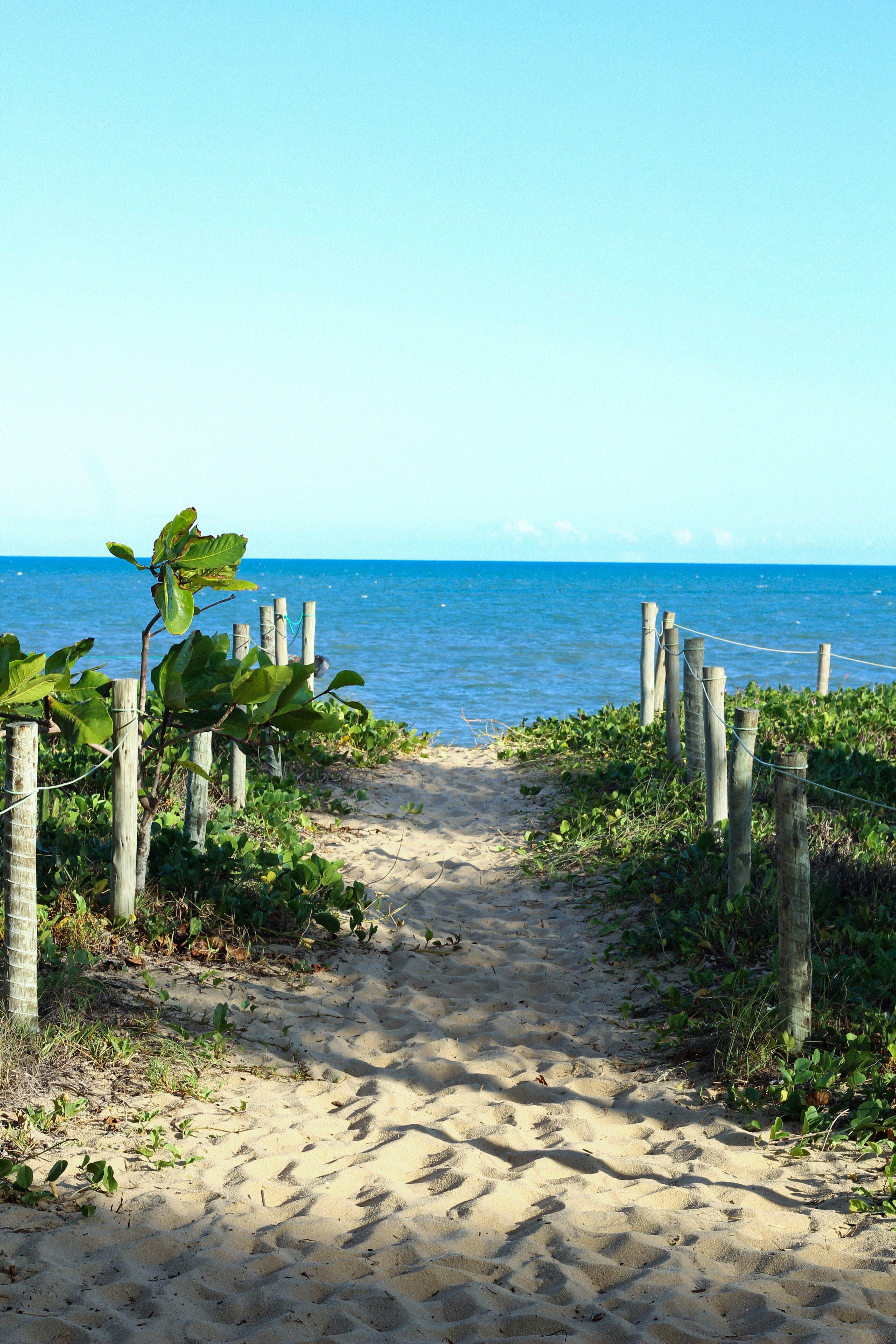Unveiling the Benefits of Cold Showers: A Natural, Unconventional Approach to Alleviating Anxiety and Depression
In recent years, there has been a significant increase in interest for alternative mental health therapies. Of these, cold therapy has emerged as a potential approach with great promise, particularly in the management of anxiety and depression. As millions continue to struggle with these conditions worldwide, many seek natural remedies to complement traditional treatments. Cold showers and water plunges have gained attention for their potential to alleviate symptoms and improve overall well-being, leading to renewed interest in understanding the science behind this practice.
To explore the mechanisms of cold therapy and its impact on mental health, it's essential to examine the physical responses triggered by cold exposure in the body and brain. Cold water immersion initiates a cascade of physiological reactions, including increased circulation, adrenaline release, and the production of dopamine and endorphins - neurotransmitters linked to improved mood and reduced symptoms of anxiety and depression [1][3].
The sudden cold shock serves as a neurological " Reset" for the nervous system, helping to regulate stress responses and reduce feelings of anxiety and depression while improving mental clarity and emotional balance [1][3]. Cold showers and plunges may also help individuals better manage their stress responses by stimulating the sympathetic nervous system and activating the hypothalamic-pituitary-adrenal (HPA) axis, potentially lowering cortisol levels and contributing to improved mood stability [4].
Scientific data supports the mental health benefits of cold therapy, albeit preliminarily. A 2008 study suggested that cold showers could be a promising treatment for depression, while more recent research demonstrated that a single cold exposure can improve mood [3][5]. Clinical observations by psychiatrists indicate that cold water exposure contributes positively to mood, mental clarity, and overall well-being, although it should be considered an adjunct to, not a replacement for, traditional mental health treatments [3].
Further research is required to establish standardized protocols and fully understand the efficacy of cold therapy for mental health. Despite this, cold therapy offers a scientifically plausible, accessible tool that may aid mental wellbeing, especially in mild to moderate cases of anxiety and depression [1][3][5].
In essence, cold therapy appears to provide a potential means to stimulate the body's release of mood-enhancing chemicals like adrenaline, dopamine, and endorphins. By alleviating symptoms of anxiety and depression and helping regulate stress responses, cold therapy offers a promising complement to traditional treatments for mental health concerns.
- Incorporating cold therapy with traditional psychological treatments might aid individuals in managing symptoms of anxiety and depression, as suggested by scientific data.
- Cold therapy, due to its capacity to stimulate the production of dopamine and endorphins, may contribute to improving overall mental health and well-being.
- The practice of cold showers and plunges can potentially serve as a self-care and health-and-wellness strategy, helping to regulate stress responses and enhance mood.
- Modern research supports the mental health benefits of cold therapy, indicating that cold exposure could be a promising adjunct to mental health therapies and treatments.
- To delve deeper into the science of cold therapy, future studies should focus on standardizing protocols and assessing its effectiveness in mental health, with a particular emphasis on therapies-and-treatments for stress-related disorders such as anxiety and depression.








